Dog Breed
Cardigan Welsh Corgi
Friendliness
Exercise Needs
Health Issues
Barking Tendencies
Grooming Needs
Shedding Level
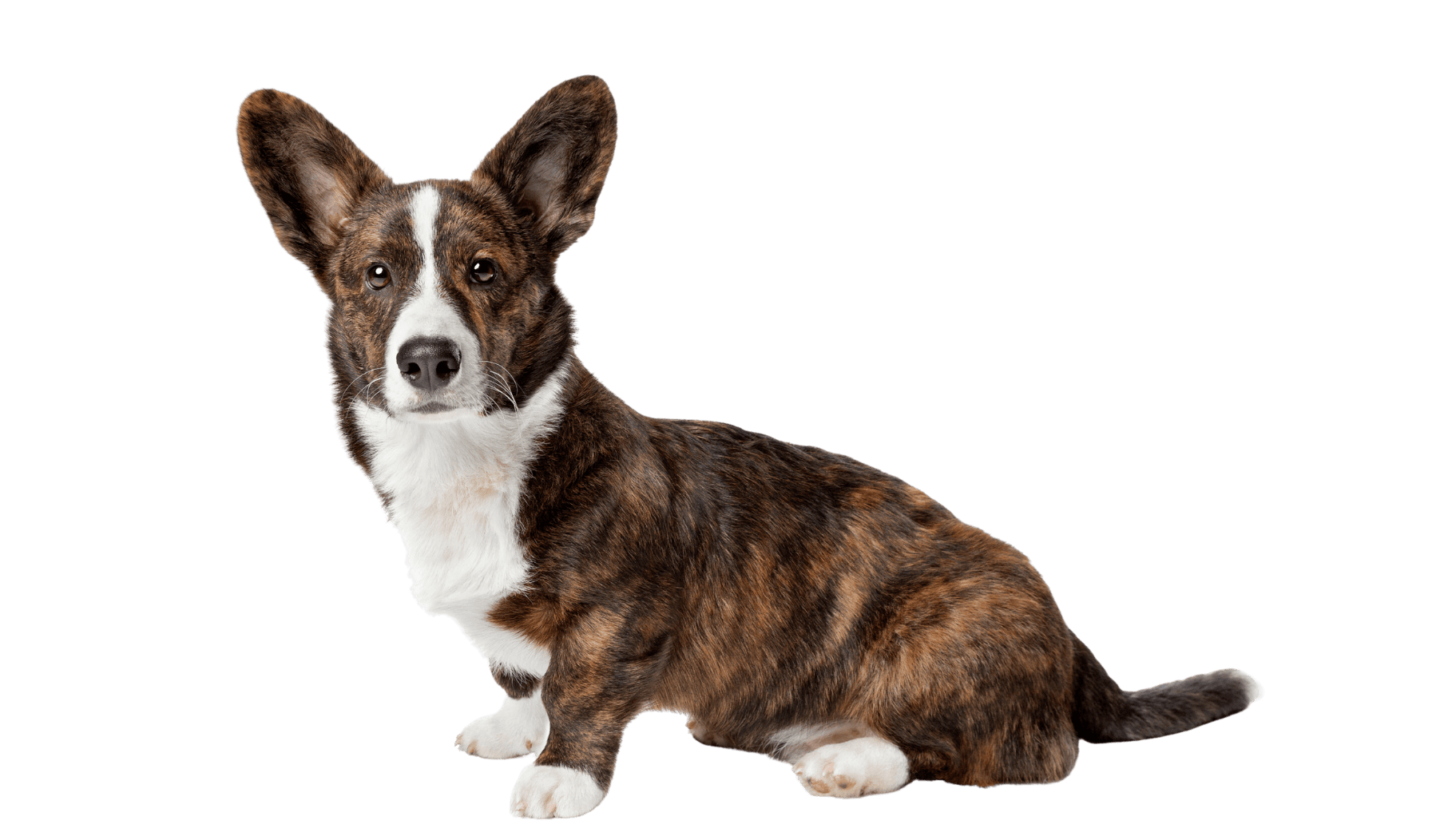

Up for anything
Adaptable, intelligent, and quietly confident, Cardigan Welsh Corgis are sturdy little dogs with a surprising amount of power and personality. Loyal and affectionate with their families, they’re known for forming strong bonds and enjoying being involved in daily life.
Originally bred as herding dogs, Cardigans are alert and protective by nature. They’re thoughtful rather than overly excitable, often taking a moment to assess new situations before diving in, which makes them excellent companions for owners who enjoy an engaged, responsive dog.
Caring for your Cardigan Welsh Corgi
Nutrition
Choosing the right food
Every dog is unique. From small companions to large, active breeds with different nutritional needs. ROYAL CANIN® Size Health Nutrition is designed to support dogs based on their size and life stage, helping maintain overall health, vitality and wellbeing. These formulas use carefully selected protein sources, targeted nutrients and tailored kibble to support digestion, energy levels, and bone and joint health across small, medium and large dogs.
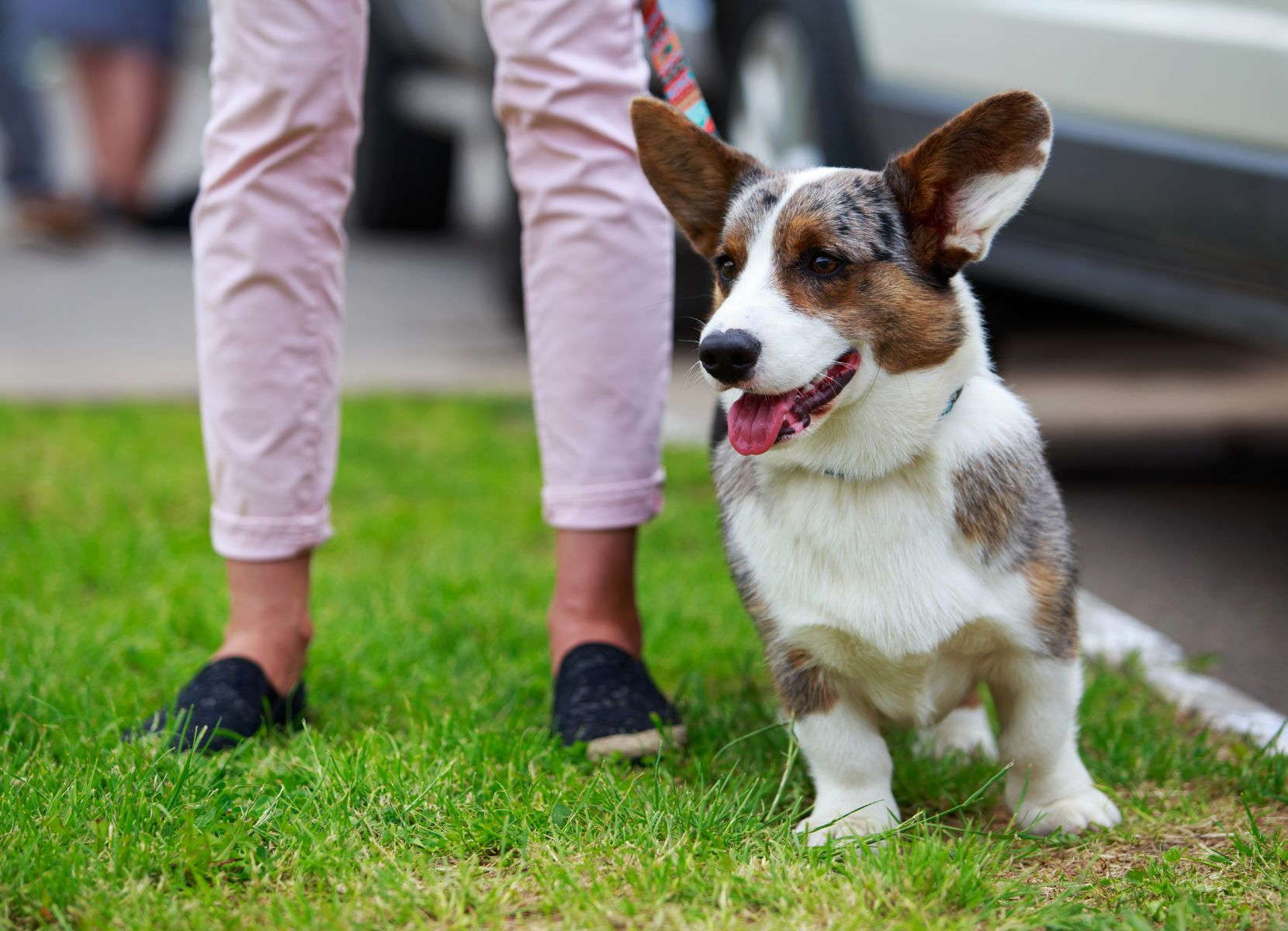
Exercising your dog
Cardigan Welsh Corgis are energetic dogs that need daily exercise to stay healthy and content. Around 45 minutes of activity each day helps meet both their physical and mental needs.
They enjoy long walks, exploring new environments, and neighbourhood strolls where they can take in new sights and smells. Regular routines help keep them settled and well behaved.
When under-exercised, Cardigans can become restless and vocal. Daily movement and engagement help prevent boredom-related behaviours and excess barking.
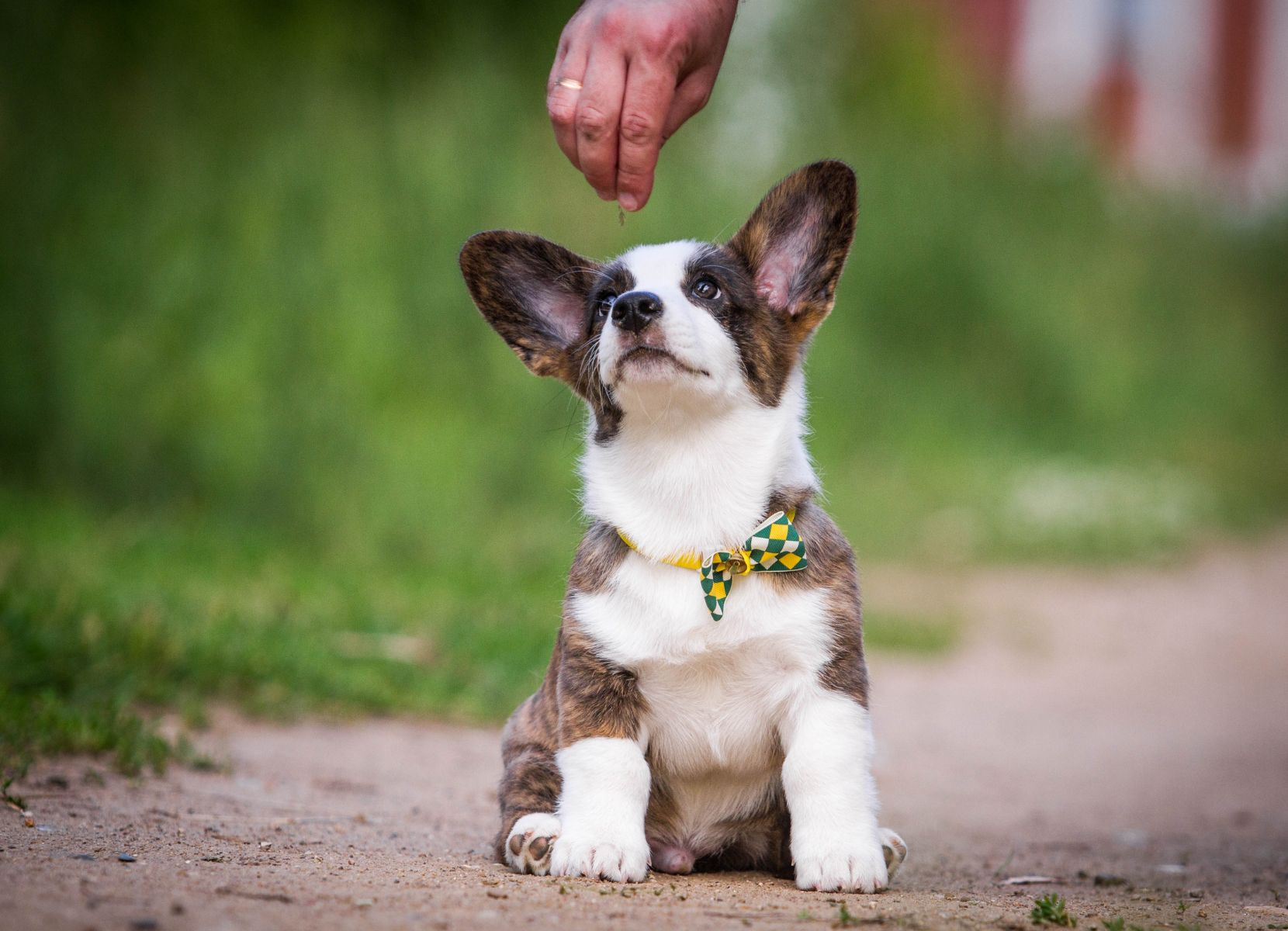
Training your Cardigan Welsh Corgi
Cardigans are intelligent and eager to learn, which makes training generally enjoyable. Early socialisation is essential to help them grow into confident, well-mannered adults.
Positive reinforcement works best, using praise, treats, and consistency. Training sessions that feel fun and purposeful keep them engaged and responsive.
While they’re keen learners, Cardigans can develop habits like excessive barking if boundaries aren’t clear. Ongoing training helps keep these behaviours in check.

Your dog's health
By recognising health problems in Cardigan Welsh Corgis early you can seek advice and treatment from a veterinarian.
Reduce the risk of health problems by purchasing a puppy from a responsible breeder. Always inspect breeding facilities and breeding dogs, and never buy from a distant online seller.
Health Issues to watch out for:
Back Problems
Joint Issues
Degenerative Myelopathy
Intervertebral Disc Disease
Vision Problems
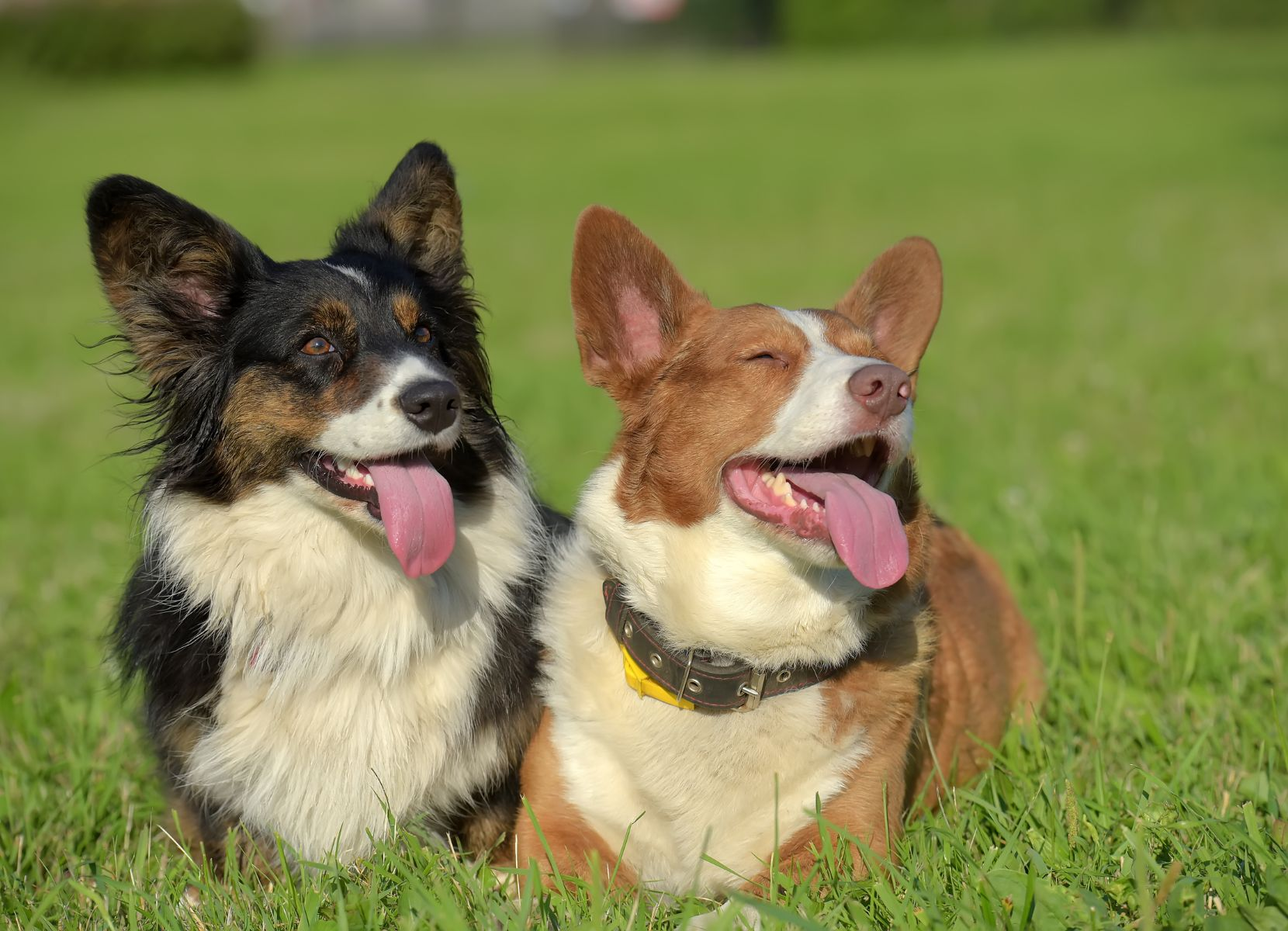
Grooming your dog
Cardigans have a medium-length double coat that sheds heavily, especially during seasonal changes. Weekly brushing helps keep their coat tidy and reduces loose hair.
During peak shedding, more frequent brushing may be needed. Baths should be kept to a minimum to avoid stripping natural oils from their coat.
Regular nail trims, ear checks, and daily teeth brushing are important parts of their grooming routine and help prevent common health issues.
Key characteristics of Cardigan Welsh Corgis
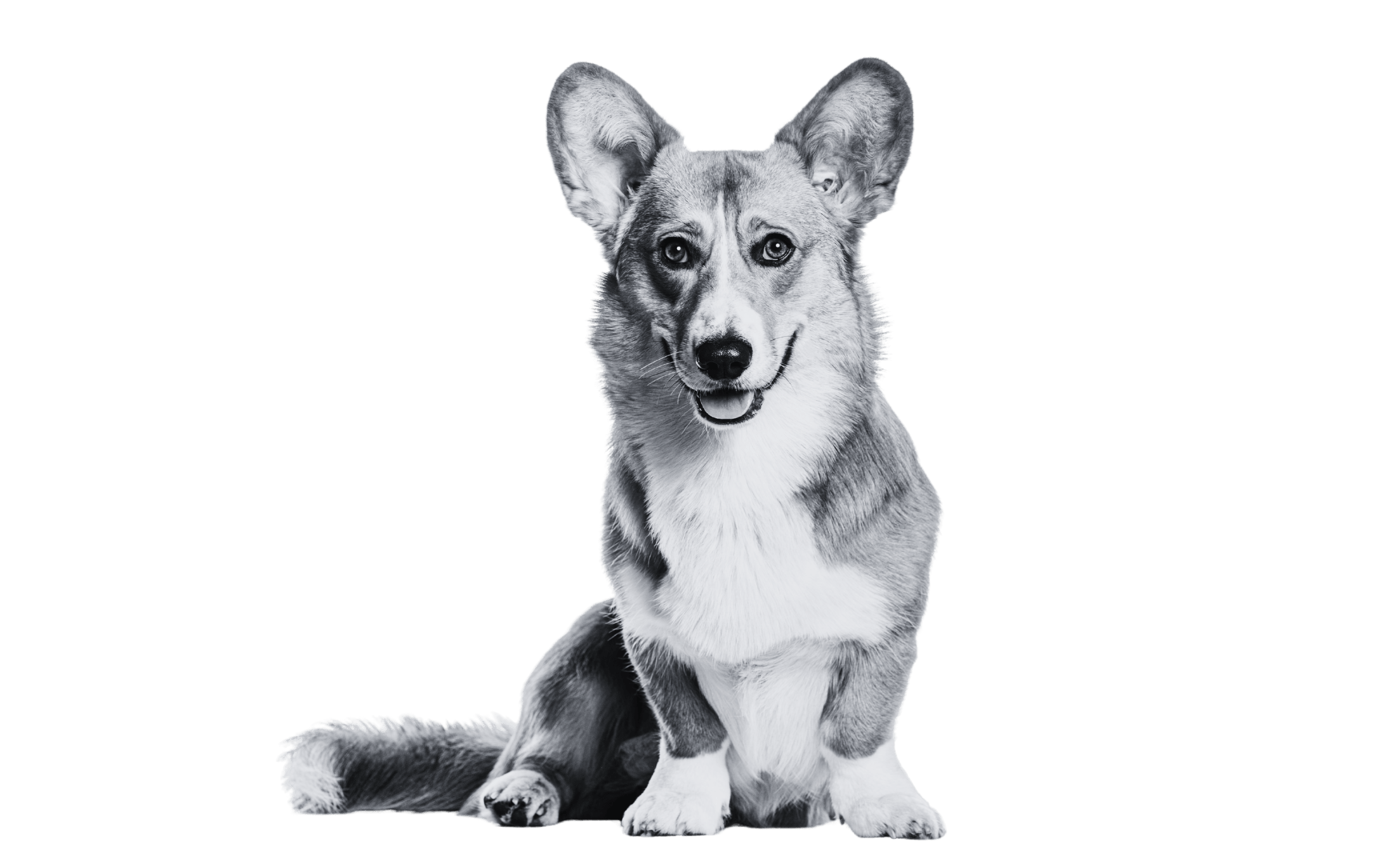
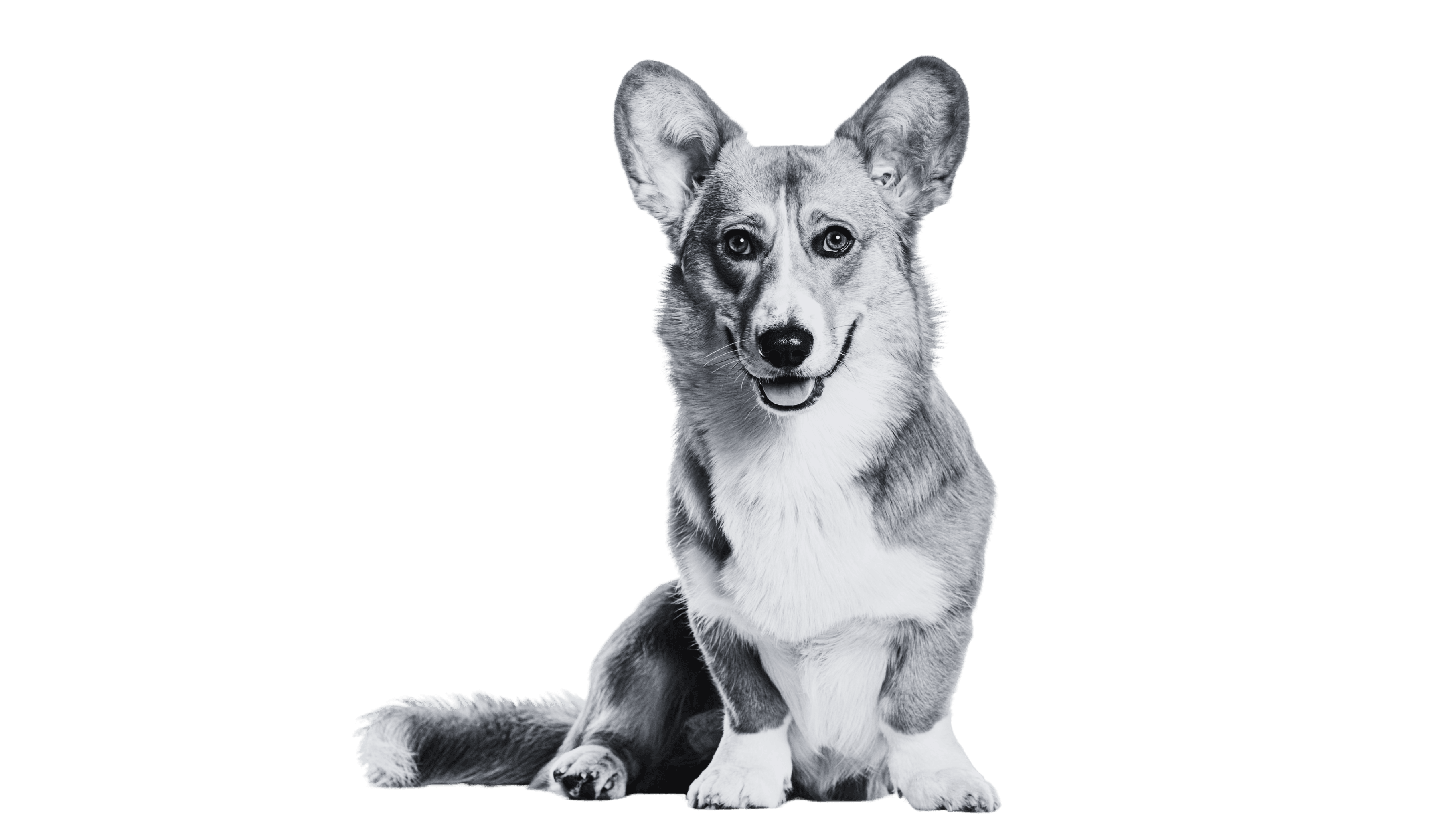
Cardigan Welsh Corgi FAQs
Cardigan Welsh Corgis are known for their adaptability, intelligence, and strong bond with their families. These FAQs answer common questions about living with a Cardigan, from exercise needs to everyday care.
Are Cardigan Welsh Corgis good family dogs?
Yes. They’re loyal and affectionate with their families, though early socialisation helps them feel comfortable around new people and pets.
Do Cardigan Welsh Corgis need a lot of exercise?
They have high exercise needs for their size and benefit from daily walks and mental stimulation.
Are Cardigan Welsh Corgis easy to train?
Yes. They’re intelligent and eager to learn, especially when training is consistent and positive.
Do Cardigan Welsh Corgis bark a lot?
They can be vocal, particularly if bored or under-stimulated.
Are Cardigan Welsh Corgis prone to health issues?
Their long backs and joints can be vulnerable, making weight management and preventative care important.
This FAQ section highlights everything you need to know about living with a Cardigan Welsh Corgi. With the right exercise, training, and routine, Cardigan Welsh Corgis make loyal, capable companions suited to active households.

